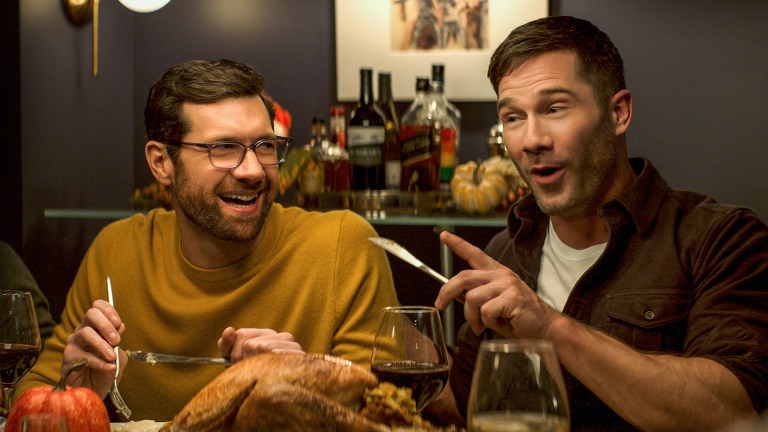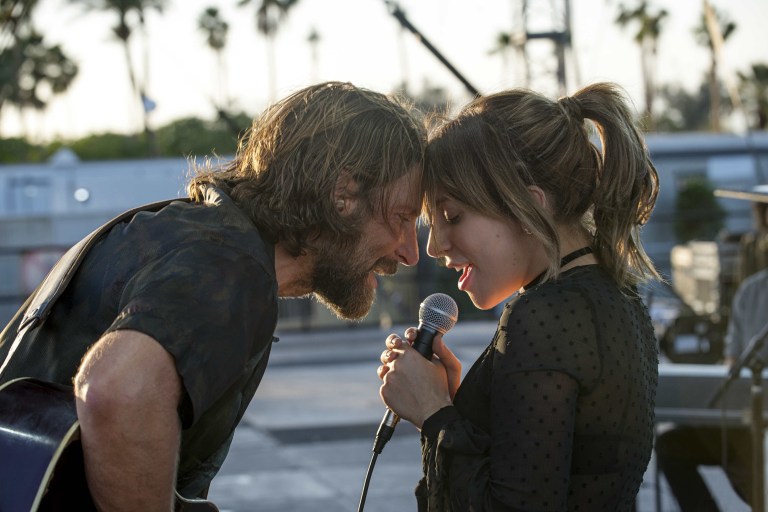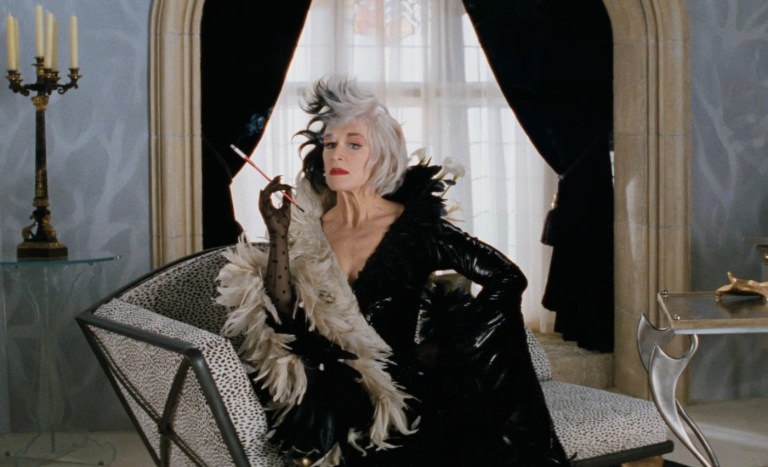
If Your Almost-Relationship Didn’t Work Out, I Bet You’re Doing This To Yourself
Disoriented, confused, we build our own narrative to fill in the missing pieces, to create our own ending, to get the closure we need.

“Do you think it was because you’re vegan? You know, guys get very turned off by girls who only eat certain things,” my mom had called me to ask. I understand why she did it. When your kid is hurting, I think it’s instinctual to want to be able to fix it. But my mom didn’t realize that she was contributing to something I already do to myself, so often, and often so wrongly: self-blame.
I’ve already looked for endless reasons to blame myself for why we didn’t work out, for why he texted me every morning and was making plans for the far-out future and wanted to drive the two hours to visit each other every weekend until one night he told me in the same sentence that he had feelings for me and didn’t want anything serious for fear of things going south. You know, Mom, maybe it is because I’m vegan while he’s not. Or maybe it’s because I don’t drink while he does. Maybe it’s because I haven’t slept with anyone in three years while he has. Maybe it’s because I have brown hair, because I can’t for the life of me eat a burrito in a remotely cute way, because I wear yoga pants in favor of makeup, because I’m quiet and wide-eyed in bars, because I feel things too intensely. Maybe I wasn’t good enough or smart enough or pretty enough or fun enough.
Or maybe it doesn’t have anything to do with me at all.
It’s easy to take things personally. It’s easy to forget that just like we each live in a world centered around ourselves and our needs that others live in their own egocentric worlds as well. I don’t mean to say this is inherently bad, though I believe that part of our life’s work is becoming aware enough to recognize and try to step into realities outside of our own. I just mean to say that my reality is not your reality is not my mom’s reality is not my ex-boyfriend’s reality is not my best friend’s reality. We share thoughts and opinions and experiences with each other but our perceptions of them are never, ever the same.
So why do we take things personally? Why do we turn inward in the first place?
Rejection hurts; I think I can call that an objective truth. But what it is about rejection that makes us immediately consider that something about us is broken before considering that the person who rejected us might have done so out of their own damage?
Maybe it’s because we’re trying to tie up the loose ends, to answer all of the questions that are left gaping wide open in front of us. When relationships end, there’s some sense of knowing that you both gave it a shot, that you gave it your all. But when an almost-relationship ends, when you stumbled into the start of love and then were dropped without warning, there’s often very little closure and a whole lot of questions.
And so what do we do?
Maybe we look for the ways that we ruined a relationship as a way to feel in control. If we can understand what we did wrong, at the very least we have the sense of power that that knowledge provides us. We can know what to DO next, whether that’s an attempt to fix things with our almost-partner-in-crime or a tally of what to carry forward into our next relationship. Because that’s what control does: it gives us a believed sense of “clarity” over what we should “do” next.
And “doing” we always are, or are at least aiming for, as if life isn’t spontaneous and often of its own accord, as if others’ worldviews are perfectly aligned with our own, as if we are actually in true control of everything that happens to us. But for whatever reason, the doing provides us with a sense of comfort, of being able to feel like we’re making amends. Perhaps we believe it’s the only way we can make ourselves feel okay about all the things we “did wrong.”
All the things we did wrong.
Gently, quietly, lovingly, again: maybe it doesn’t have anything to do with you at all.
Now this is not to say that the person who hurt you is to be blamed either, that now you have a suitable reason to send them a 2am text of a doodle you’ve constructed of a middle finger emoji since, for reasons I’ll never understand, one does not already exist.
This is also not to say that you have to become so empathetic to the person who’s treating you unkindly that you become a doormat, prioritizing treating them with kindness to making the kind choice to yourself.
This is only to say that you should consider, as objectively as possible, that no two realities are the same, and that to self-blame is not only damaging and destructive and futile but also downright egotistical and even lazy. I say this because knowing that your almost-relationship having not worked out should not be taken personally is the only way to acceptance and thus moving forward, and to maintaining love and compassion for yourself and everyone around you as you do so.
Who knows why things don’t work out? Who knows why people change their minds about us? Maybe they’re scared, as he claimed. Maybe they’re immature. Maybe it was too real, too threatening. Maybe they were secretly with someone else the whole time.
Maybe they wanted to be the person they presented themselves as but aren’t truly there yet. Maybe there were actually a lot of lies.
And maybe this ends right where it started, at me, more painstakingly this time, wanting so very much to not want to control. At me not wanting to search the corners of his Instagram for where things went wrong. At me wanting to let go with kindness and love and grace. At me wanting to gently remind myself each time I start to wonder what I did wrong that perhaps this was just not my fault.
I could make assumptions forever, build a world of potential truths like skyscrapers in the insulated reality that lives inside my head. I could take the information in front of me and make judgments about it all, turn inward and blame myself over and over, wish that I was someone different, someone lovable.
Or I could recognize that perhaps this was not my fault. Perhaps this was not my fault.
And in your almost-relationship, perhaps it was not your fault either.![]()











